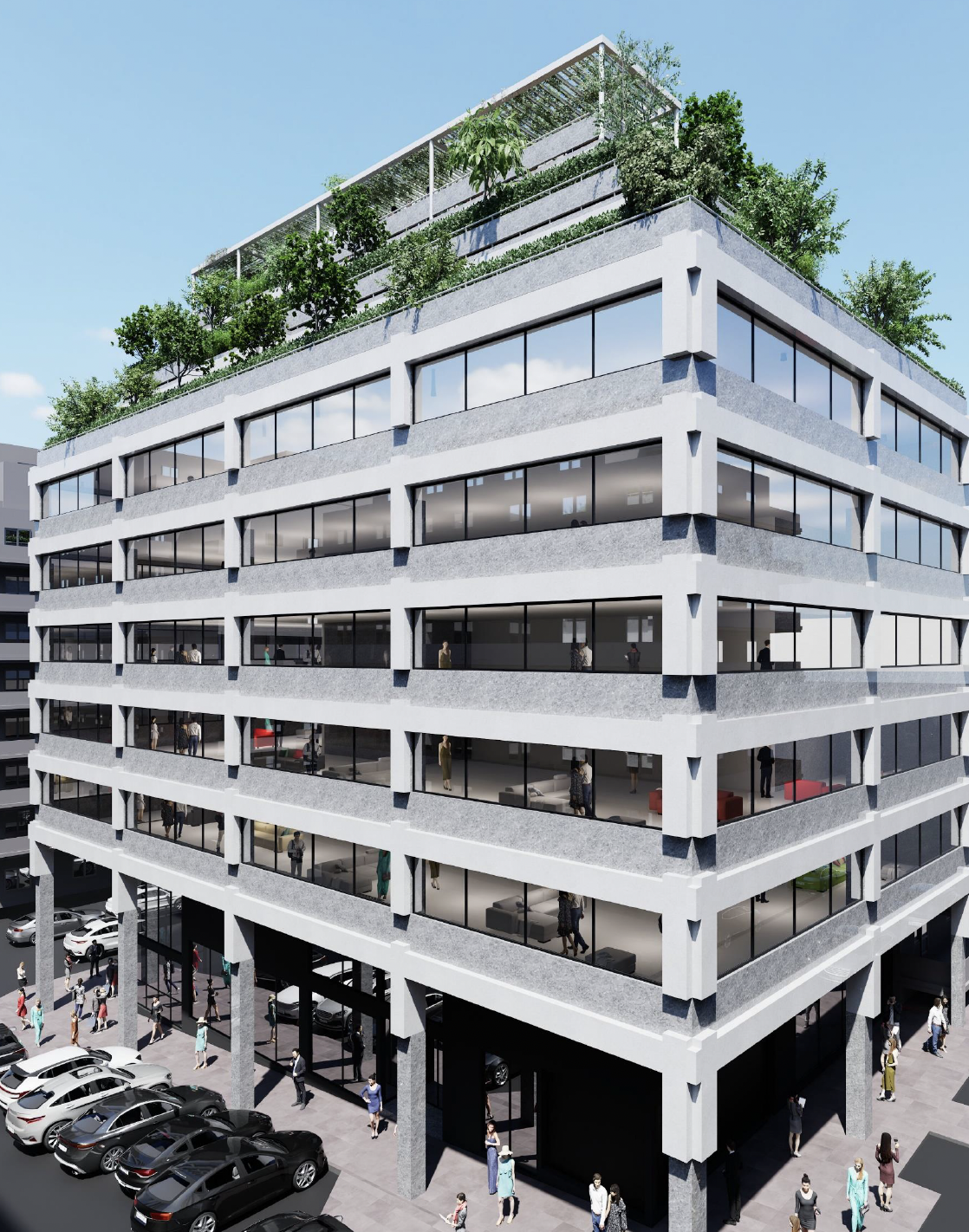Preparing for Your TURKISH PASSPORT Interview: The interview process for obtaining a Turkish passport can be a nerve-wracking experience. However, with the right preparation and knowledge, you can increase your chances of success. In this blog post, we will guide you through the entire interview process, from understanding the interview process and common questions asked, to crafting impressive answers and demonstrating confidence and good communication skills. With our final tips, you’ll be well-equipped to ace your TURKISH PASSPORT interview and make a lasting impression. So let’s dive in and get you one step closer to your dream of obtaining a Turkish passport!
Preparing for Your TURKISH PASSPORT Interview
When it comes to getting a TURKISH PASSPORT, one crucial step is the interview process. This interview is an opportunity for the authorities to verify your identity and gather any additional information they may need. To ensure that you are fully prepared for your TURKISH PASSPORT interview, here are some tips to keep in mind:
- Do Your Research: Before your interview, take the time to research the requirements and documentation needed for a TURKISH PASSPORT. This will help you gather all the necessary documents and avoid any last-minute stress.
- Dress Professionally: Making a good first impression is essential. Wear professional attire to show that you take the interview seriously. Dressing professionally will also help convey your respect for the process.
- Be Familiar with the Interview Process: Understanding what to expect during the interview will help you feel more confident and relaxed. Familiarize yourself with the typical questions asked and the overall flow of the interview.
During the interview, you can expect questions about your personal information, travel history, and reasons for applying for a TURKISH PASSPORT. The more prepared you are, the more smoothly the interview will go.
Once you have a clear understanding of the interview process, it’s time to focus on crafting impressive answers to the questions you might be asked. Practice answering common interview questions and think of examples that demonstrate your qualifications and suitability for a TURKISH PASSPORT.
One of the most important factors in a successful interview is confidence and good communication skills. Maintain a positive attitude throughout the interview and speak clearly and concisely. Remember to listen carefully to the interviewer’s questions and provide thoughtful responses.
Lastly, here are some final tips to help you succeed in your TURKISH PASSPORT interview:
- Arrive Early: Plan to arrive at the interview location a few minutes early to avoid any potential delays or last-minute stress.
- Bring Required Documents: Make sure you have all the necessary documents and forms needed for the interview. Double-check that everything is in order before attending the interview.
- Stay Calm: It’s natural to feel nervous before an interview, but try to stay calm and composed. Take deep breaths and remind yourself that you are well-prepared.
By following these tips and adequately preparing for your TURKISH PASSPORT interview, you can increase your chances of a successful outcome. Good luck!
Dressing Professionally: Making a Good First Impression
When it comes to making a good first impression, dressing professionally plays a crucial role. Whether you’re attending a job interview, a business meeting, or any other professional setting, the way you dress can greatly impact how others perceive you. Your attire reflects your personality, level of professionalism, and attention to detail. In this blog post, we will explore the importance of dressing professionally and provide tips on how to make a lasting impression through your appearance.
Firstly, dressing professionally shows that you take yourself and the situation seriously. It indicates that you respect the people you are meeting and the environment you are in. When you dress inappropriately or casually, it can give the impression that you are not serious or committed to the opportunity at hand. On the other hand, wearing the appropriate attire showcases your dedication and professionalism.
Secondly, dressing professionally helps you stand out from the crowd. In a competitive job market or a professional setting, making a memorable impression is crucial. When you dress in a way that aligns with the expectations of the industry or organization, it sets you apart as someone who pays attention to details and understands the importance of presenting oneself appropriately.
- Choose attire that is suitable for the occasion.
- Wear well-fitted clothes that flatter your body shape.
- Avoid excessive accessories or flashy jewelry.
- Opt for neutral colors and classic styles for a timeless look.
- Pay attention to personal grooming, including clean and neat hair, nails, and shoes.
| Do’s | Don’ts |
|---|---|
| Wear a tailored suit for formal interviews or business meetings. | Avoid wearing casual clothing such as jeans, t-shirts, or sneakers. |
| Invest in quality shoes that are clean and polished. | Refrain from wearing overly revealing or provocative attire. |
| Stick to a minimalistic and professional hairstyle. | Avoid excessive cologne, perfume, or strong scents. |
By dressing professionally and making a good first impression, you enhance your chances of success in various professional situations. Remember, your appearance is your visual representation, and it can leave a lasting impact on those around you. So, take the time to choose your outfit wisely, paying attention to the details, and present yourself in the best possible light.
Understanding the Interview Process
When it comes to securing a job or any important opportunity, the interview process often plays a crucial role. Understanding the ins and outs of this process can give you a significant advantage over other candidates. Here, we will take a closer look at the different stages involved in an interview, so you can be well-prepared and confident when the time comes to showcase your skills and experience.
List of Interview Process:
- Application and Resume Screening
- Phone Screening
- In-Person Interview
- Panel Interview
- Behavioral Interview
- Technical Interview
- Second (or Third) Round Interview
- Background Check
- Offer and Negotiation
- Highlight your achievements and experiences
- Use specific examples to illustrate your skills
- Showcase your problem-solving abilities
- Research common questions asked in TURKISH PASSPORT interviews:
- What is your reason for applying for a TURKISH PASSPORT?
- How long do you plan to stay in Turkey?
- What is your current occupation and employer?
- Be punctual and arrive at the interview location on time.
- Bring all necessary documents and supporting materials.
- Research and be knowledgeable about Turkish culture, history, and current events.
- Show appreciation and respect for the opportunity to obtain a Turkish passport.
- Ask any relevant questions you may have at the end of the interview.
Table – Different Stages of the Interview Process:
| Stage | Description |
|---|---|
| Application and Resume Screening | The initial stage where recruiters review applications and resumes to shortlist candidates. |
| Phone Screening | A brief phone call to evaluate a candidate’s qualifications and suitability for the role. |
| In-Person Interview | A face-to-face meeting where the candidate interacts with the hiring manager or a panel of interviewers. |
| Panel Interview | An interview conducted by multiple interviewers to assess a candidate from different perspectives. |
| Behavioral Interview | A type of interview that focuses on past behavior and experiences as indicators of future performance. |
| Technical Interview | An interview that evaluates a candidate’s technical skills and knowledge related to the position. |
| Second (or Third) Round Interview | Additional interviews held to further assess the top candidates and make a final decision. |
| Background Check | Verification of a candidate’s educational qualifications, work history, and criminal record. |
| Offer and Negotiation | The final stage where the hiring company extends an offer and negotiates terms of employment. |
Each stage of the interview process serves a specific purpose. It is essential to prepare accordingly and understand what employers are looking for at each step. This knowledge will allow you to tailor your answers, focus on relevant experiences, and stand out as a strong candidate. Remember, confidence and good communication skills are key to succeeding in interviews.
Common Questions Asked in TURKISH PASSPORT Interviews
When preparing for a TURKISH PASSPORT interview, it is crucial to familiarize yourself with the common questions that are frequently asked. By anticipating these questions and crafting thoughtful responses, you can greatly increase your chances of success during the interview process.
One common question that is often asked in TURKISH PASSPORT interviews is, “Why do you want to obtain a Turkish passport?” This question aims to assess your motivation and understanding of the benefits that come with being a Turkish citizen. To answer this question effectively, emphasize the opportunities and advantages that having a Turkish passport can provide, such as visa-free travel to numerous countries and the ability to live and work in Turkey without restrictions.
Another commonly asked question is, “What skills or qualifications do you possess that make you a suitable candidate for a Turkish passport?” Here, it is important to highlight any unique skills, experiences, or connections you have that can contribute to the Turkish society and economy. Whether it’s fluency in the Turkish language, cultural familiarity, or professional expertise in a specific field, emphasizing your value proposition can set you apart from other applicants.
| Common Questions Asked in TURKISH PASSPORT Interviews |
|---|
| Why do you want to obtain a Turkish passport? |
| What skills or qualifications do you possess that make you a suitable candidate for a Turkish passport? |
| Have you ever lived or studied in Turkey before? |
| Do you have any ties to Turkish culture or heritage? |
Additionally, a frequently asked question in TURKISH PASSPORT interviews is, “Have you ever lived or studied in Turkey before?” This question evaluates your level of familiarity with Turkish culture and your potential to integrate into Turkish society successfully. If you have previous experience living or studying in Turkey, highlight the specific ways in which that experience has shaped your understanding and appreciation for the country.
Another question that may arise is, “Do you have any ties to Turkish culture or heritage?” This question aims to gauge your connection to Turkish traditions, customs, or family history. If you have any Turkish ancestry or have actively engaged with Turkish culture, be sure to emphasize this and explain how it has influenced your desire to obtain a Turkish passport.
By preparing and familiarizing yourself with these common questions asked in TURKISH PASSPORT interviews, you can demonstrate your commitment, suitability, and understanding of the privileges and responsibilities that come with obtaining a Turkish passport. Remember to tailor your responses to highlight your unique qualities and experiences, and showcase your genuine enthusiasm for becoming a Turkish citizen.
Crafting Impressive Answers to Interview Questions
When it comes to a job interview, one of the most crucial aspects is being able to provide impressive answers to the interviewer’s questions. These answers not only showcase your knowledge and skills, but they also highlight your ability to think on your feet and effectively communicate your thoughts. In order to craft impressive answers, there are a few key strategies that can help you stand out from other candidates.
First and foremost, it’s important to thoroughly research the company and the role you are interviewing for. This will allow you to tailor your answers to align with the specific needs and goals of the organization. By understanding the company’s values, mission, and objectives, you can demonstrate your genuine interest and enthusiasm for the position.
Next, make sure to carefully analyze the job description and identify the key skills and qualifications required for the role. This will enable you to highlight your relevant experiences and achievements during the interview. Use specific examples to illustrate how your past accomplishments align with the requirements of the job.
In addition to showcasing your skills and experiences, it’s important to showcase your problem-solving abilities. Many interviewers will ask hypothetical or situational questions to gauge your problem-solving skills. In order to craft impressive answers to such questions, it’s important to demonstrate your ability to think critically and creatively. Walk the interviewer through your thought process and explain how you would approach and solve the problem at hand.
Finally, always remember to remain confident and composed during the interview. Maintain good eye contact, speak clearly and concisely, and listen attentively to the interviewer’s questions. Take a moment to gather your thoughts before answering a question, and don’t hesitate to ask for clarification if needed. By demonstrating confidence and good communication skills, you will leave a lasting impression on the interviewer.
| Tips for crafting impressive answers: |
|---|
| Thoroughly research the company and the role |
| Analyze the job description and highlight relevant experiences |
| Showcase problem-solving abilities |
| Remain confident and composed during the interview |
By following these strategies and tips, you can greatly increase your chances of crafting impressive answers during an interview. Remember, preparation is key, so take the time to practice and refine your responses beforehand. With a combination of knowledge, skills, and confidence, you can ace any interview and leave a lasting impression on the interviewer.
Demonstrating Confidence and Good Communication Skills
During a job interview, it is essential to showcase not only your qualifications and experience but also your confidence and communication skills. These two attributes play a vital role in making a lasting impression on the interviewer. When you exude confidence, it shows that you believe in your abilities and are capable of handling challenges. Additionally, good communication skills are crucial for effectively conveying your thoughts, ideas, and experiences to the interviewer.
One way to demonstrate confidence during a job interview is through body language. Maintaining good posture, making eye contact, and using appropriate hand gestures can convey confidence and professionalism. It is crucial to appear relaxed and composed, even if you may be feeling nervous inside. Take deep breaths, smile, and speak clearly to show that you are confident in your abilities.
Furthermore, good communication skills are essential for articulating your thoughts and experiences clearly. Be mindful of your tone, pitch, and pace of speech. Speak clearly and concisely, avoiding the use of jargon or overly technical terms that the interviewer may not understand. Listen actively to the questions asked and respond thoughtfully. This will demonstrate that you not only comprehend the interviewer’s inquiries but also have the ability to communicate effectively.
In addition to verbal communication, non-verbal communication is also critical. Use attentive listening skills to show that you are engaged and interested in the conversation. Nodding your head and maintaining eye contact while the interviewer is speaking will convey your attentiveness. When responding, provide concise and relevant answers, and avoid rambling or going off-topic. This will show that you can effectively convey your thoughts and ideas in a clear and organized manner.
In conclusion, demonstrating confidence and good communication skills during a job interview is crucial for making a positive and lasting impression on the interviewer. By showcasing your confidence through body language and effectively communicating your thoughts and experiences, you can enhance your chances of standing out as a strong candidate. Remember, practice makes perfect, so take the time to prepare and rehearse your responses to various interview questions. With the right approach, you can confidently demonstrate your abilities and secure your desired position.
Final Tips for a Successful TURKISH PASSPORT Interview
When it comes to preparing for a TURKISH PASSPORT interview, the final tips can make all the difference in ensuring a successful outcome. This pivotal moment requires careful consideration and planning to showcase your suitability for obtaining a passport. It is essential to present yourself in a professional and confident manner, while also being well-prepared for the potential questions that may arise during the interview process. In this blog post, we will provide you with a comprehensive guide of final tips that will help you navigate through your TURKISH PASSPORT interview with ease and confidence.
One of the most important aspects of a successful TURKISH PASSPORT interview is dressing professionally and making a good first impression. The way you present yourself speaks volumes about your professionalism and commitment. Dressing in formal attire shows that you take the interview seriously and are prepared to represent yourself and your intentions appropriately. Ensure that your clothes are clean, pressed, and well-fitted. Choosing neutral colors and minimal accessories will help you project a polished and professional image.
Understanding the interview process is another crucial factor in preparing for your TURKISH PASSPORT interview. Familiarize yourself with the general structure and expectations of the interview to alleviate any potential anxiety. The interview will typically consist of a series of questions intended to assess your eligibility and sincerity in obtaining a passport. You may be asked about your personal background, travel history, reasons for applying, and potential plans while in Turkey. Being aware of what to expect will allow you to confidently navigate through the interview process.
| Question | Possible Answer |
|---|---|
| What is your reason for applying for a TURKISH PASSPORT? | I have strong ties to Turkey as my grandparents were born there, and I wish to explore my cultural heritage more deeply. Additionally, having a TURKISH PASSPORT will grant me the freedom to travel and reside in Turkey without any limitations. |
| How long do you plan to stay in Turkey? | I plan to stay in Turkey for an extended period, at least six months initially, to immerse myself in the culture and language. I am also considering long-term opportunities for personal and professional growth in Turkey. |
| What is your current occupation and employer? | I am currently employed as a marketing manager at XYZ Company. I have been with the company for five years and have successfully managed various marketing campaigns and initiatives. I have received recognition for my work and believe that my skills will also contribute positively to the Turkish business landscape. |
Demonstrating confidence and good communication skills during the TURKISH PASSPORT interview is essential. Maintain eye contact with the interviewer, speak clearly and concisely, and project a calm and composed demeanor. Practice answering potential questions beforehand, focusing on delivering your responses confidently and articulately. It is also crucial to listen attentively to the interviewer’s questions and provide relevant and thoughtful answers.
In conclusion, these final tips will undoubtedly enhance your chances of a successful TURKISH PASSPORT interview. Dressing professionally, understanding the interview process, preparing for common questions, and demonstrating confidence and good communication skills are all fundamental aspects of securing a positive outcome. By following these guidelines and tailoring your responses accordingly, you can navigate through the interview process with ease and increase your likelihood of obtaining a TURKISH PASSPORT.
Frequently Asked Questions
1. What should I wear for a Turkish passport interview?
It is important to dress professionally for your Turkish passport interview. Men should wear a suit or a formal shirt with dress pants, while women can opt for a suit, a blouse with a skirt or pants, or a dress. The key is to appear neat, tidy, and business-like.
2. How should I prepare for the Turkish passport interview process?
Preparing for a Turkish passport interview involves understanding the required documents, practicing common interview questions, and familiarizing yourself with the interview location. Make sure you have all the necessary documents ready, such as your identification, proof of Turkish citizenship, and any additional supporting documents.
3. What are some common questions asked in Turkish passport interviews?
Common questions asked in Turkish passport interviews include inquiries about your personal background, why you want a Turkish passport, your intended use of the passport, and any previous travel experience. Additionally, you may be asked about your knowledge of Turkish culture, language, or history.
4. How can I craft impressive answers to interview questions?
To craft impressive answers, be sure to prepare in advance. Practice your responses to common interview questions, emphasizing your qualifications, intentions, and appreciation for Turkish culture. Use specific examples and showcase your skills and experiences that make you a suitable candidate for a Turkish passport.
5. How can I demonstrate confidence and good communication skills during the interview?
To demonstrate confidence and good communication skills, maintain good eye contact, speak clearly and articulately, and listen actively to the interviewer. Use confident body language, such as sitting up straight and offering a firm handshake. Remember to stay calm and composed throughout the interview process.
6. Can you provide some final tips for a successful Turkish passport interview?
Sure! Here are a few final tips for a successful Turkish passport interview:
7. How long does it usually take to receive a Turkish passport after the interview?
The processing time for a Turkish passport can vary, but it generally takes around 2 to 4 weeks to receive your passport after the interview. However, this timeframe can be subject to change based on various factors such as the number of applications being processed at the time and any additional requirements that may need to be fulfilled.
EDITOR
Categories
Recent Articles
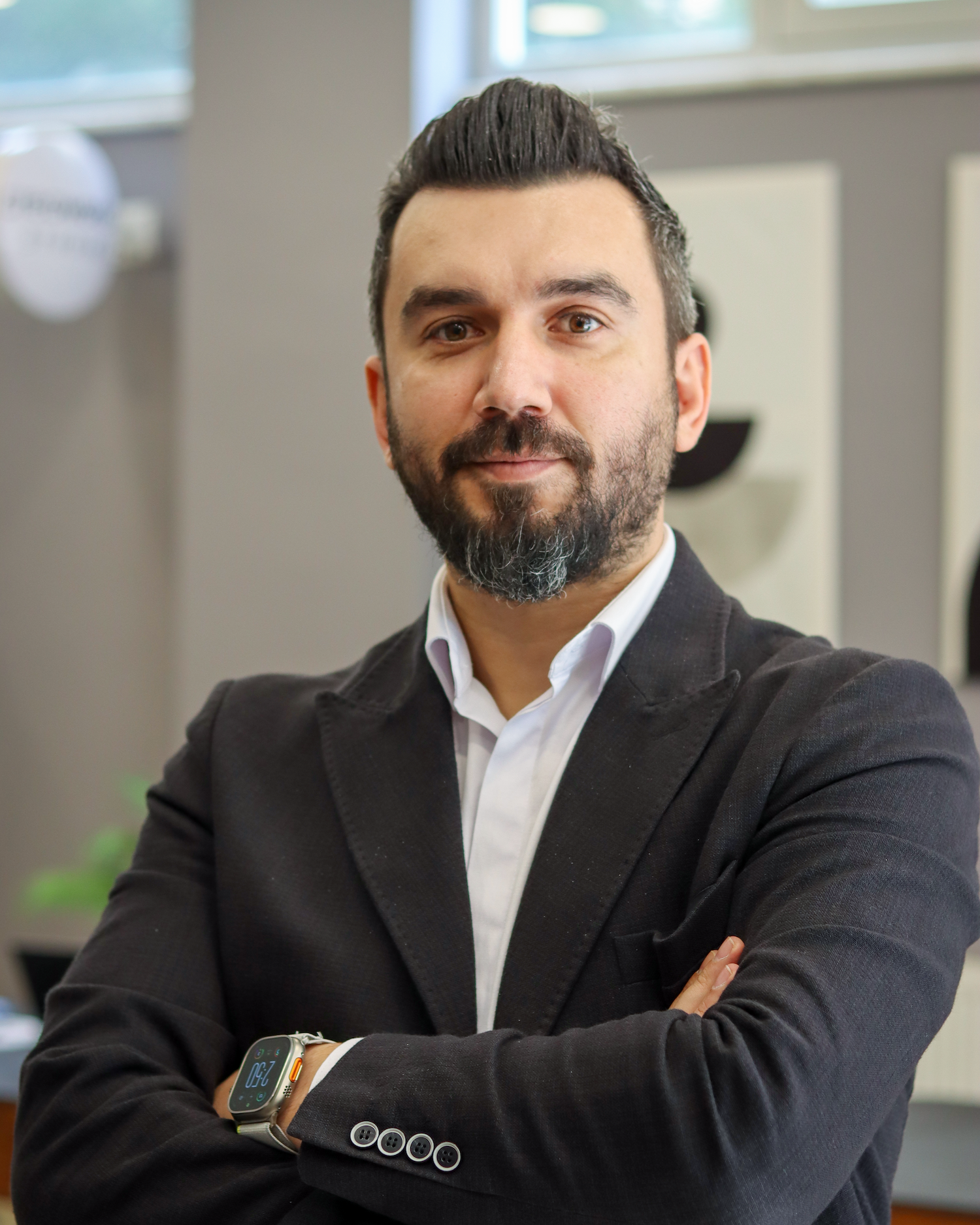
NotteGlobal’s May 2024 Real Estate Report: A Comprehensive Analysis of Turkey’s Market Trends
June 22, 2024

New Immigration Policy in the US: A Major Step for Family Unity
June 21, 2024

Second Largest Investor Group in Greece: Turks
June 14, 2024

Exploring the Hidden Gems of Athens Riviera: A Guide to Luxurious Neighborhoods
June 3, 2024

Economic Stability and Growth in Turkey
May 31, 2024

Turkey’s Housing Sales Statistics for April 2024: A Comprehensive Analysis
May 24, 2024
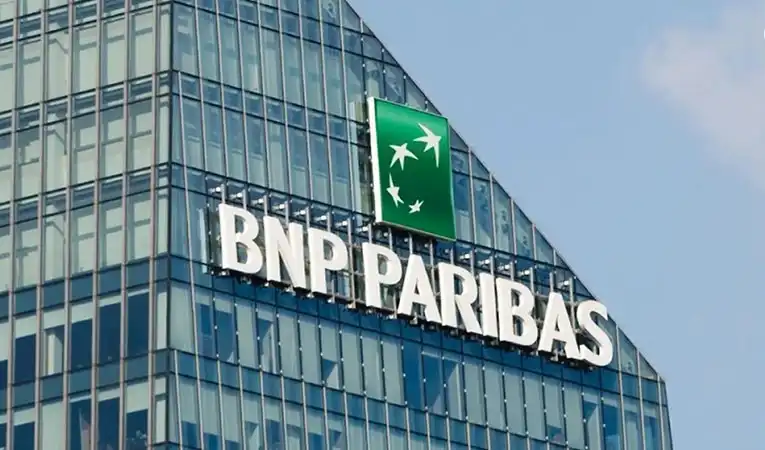
BNP Paribas Forecasts End-of-Year USD/TRY Rate
May 3, 2024

Significant Updates to the Greece Golden Visa Program in 2024
April 29, 2024
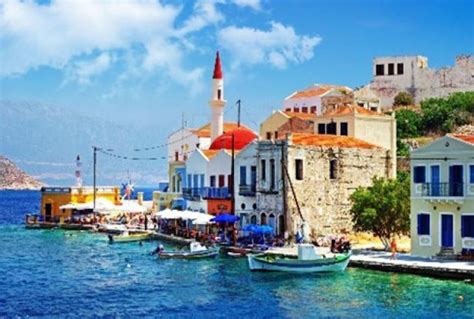
€800,000: New Threshold for Greece’s Golden Visa
February 10, 2024
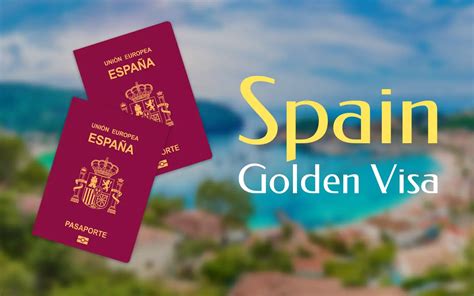
Golden Visa for Spain
December 27, 2023

